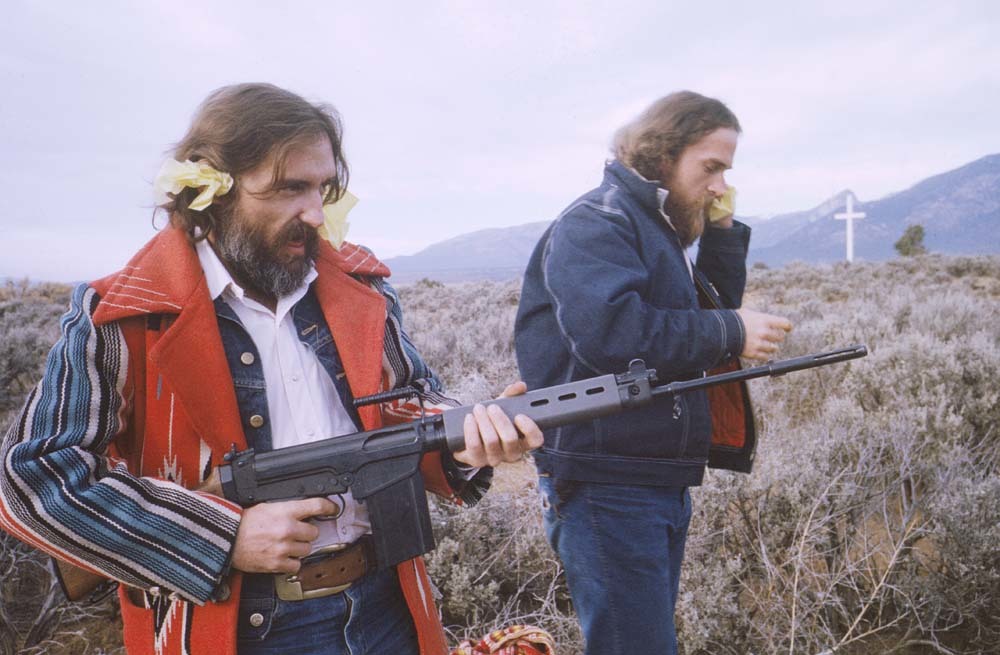If you think meta movie-making is a recent phenomenon, take a look at The American Dreamer, a 1971 film which followed the late actor, director and provocateur Dennis Hopper as he edited his film, The Last Movie. Rather than simply trail Hopper as he worked on the film, documentary makers Lawrence Schiller and L.M. Kit Carson created a scenario as maverick as the actor himself. “The story is the actor playing an actor, that is the documentary,” Schiller says of The American Dreamer, which has been restored 40 years after its initial release and is enjoying a new lease of life as a result.
The documentary is also testimony to its times. Hopper uses his performance in The American Dreamer to espouse the counter-cultural philosophies and live the hippy dream (lots of sex, plenty of drug taking) that so endeared him to American youth. It was a rebel lifestyle that the moneymen saw work so well in Easy Rider and meant Hopper was given carte blanche by Universal Studios.
But The Last Movie bombed, in part because of its ridiculously high concept meditation on cinematic storylines, and with it went the accompanying documentary disappeared until its recent restoration. Co-director Schiller explains how it all went down.

How did you end up working with Dennis?
My original idea was to do a story about an actor who has submerged himself into his own myth. I wanted to do that originally with Paul Newman. Kit Carson and I had met on my second documentary. Kit said, “Why don’t we go out and meet Dennis Hopper because he’s living the life of his character in Easy Rider, he can’t escape it.” We went out to see him and he liked the idea. It was then that I realized we’d be making a documentary about an actor playing an actor in a movie.
Why did you decide to go down this kind of meta route with him?
I saw there was a possibility of doing something unique rather than a straight documentary, where everyone would be playing it for real, their real lives. But Hopper being an accomplished director and actor — could he ever be himself? I felt it was totally impossible. He always knew exactly what the camera would be preserving.
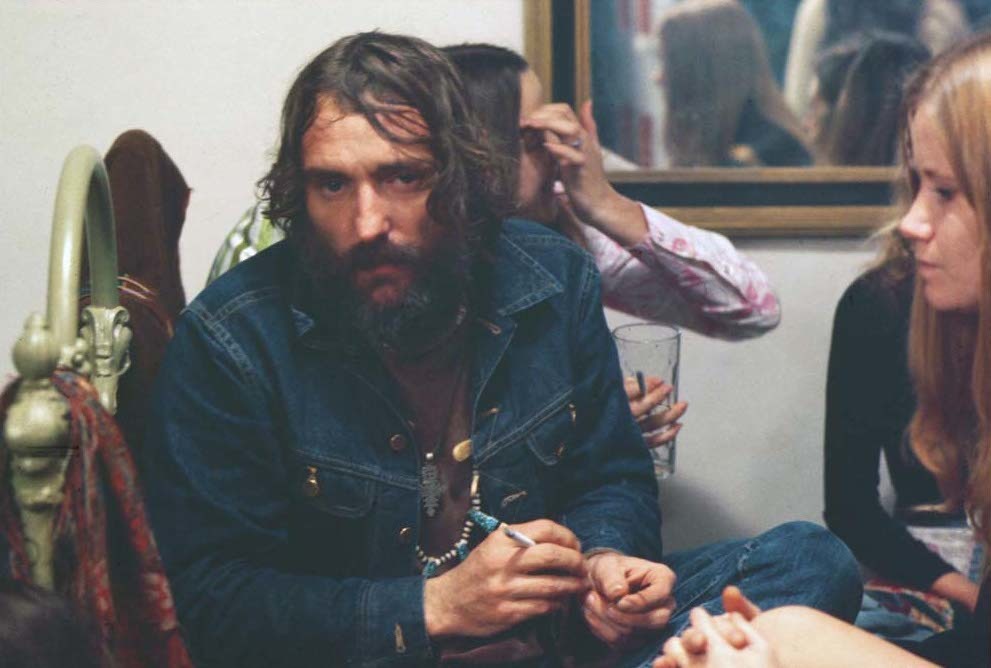
How was Hopper to deal with?
His attitude was that he was making his film and no one would have control or criticize what he was doing, so he wanted us to go make our documentary and he didn’t care what it was going to be.
What did you make of The Last Movie from what you saw at the time of filming?
It didn’t look like a commercial film to me. I was a young filmmaker so I was still in the position of an audience, someone who would pay $3 to go see a movie. So I had a more objective look at it than filmmakers would. When we saw it, I thought ‘this is not entertainment.’
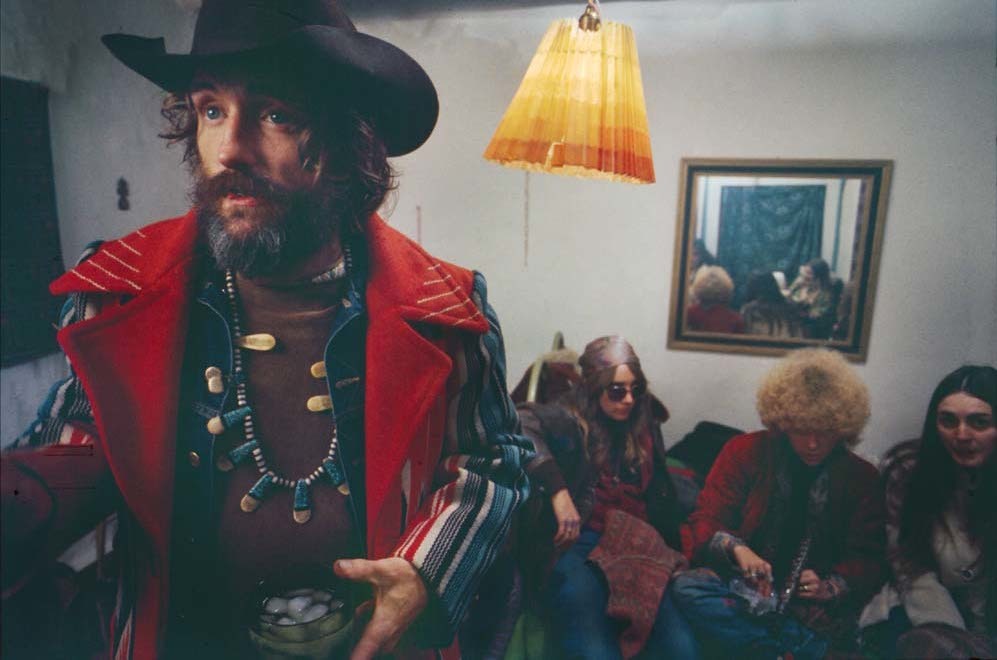
Can you surmise where Dennis was at in Hollywood terms at that point in his career?
Before Easy Rider, Dennis was a struggling actor. He was a big art collector and an accomplished photographer. Peter Fonda had this idea to make this film and to give Dennis the chance to direct it. He directed Easy Rider with zero budget and it wound up being the most unbelievable hit. It’s like a singer coming out with a number one hit and all of a sudden, they’re unstoppable. Ego surpasses rational thinking. Dennis found himself at the top of Mount Everest but he didn’t climb it. He was catapulted there.
In the documentary there are scenes of sex and drug taking. Presumably this was all Hopper’s doing, to look so radical for the times?
Yes, he knew that if this film was played on college campuses he’d be reaching an audience that no other young filmmaker could. He’d be breaking taboos of that era and that’s what the film did accomplish. He built a cult status very quickly.
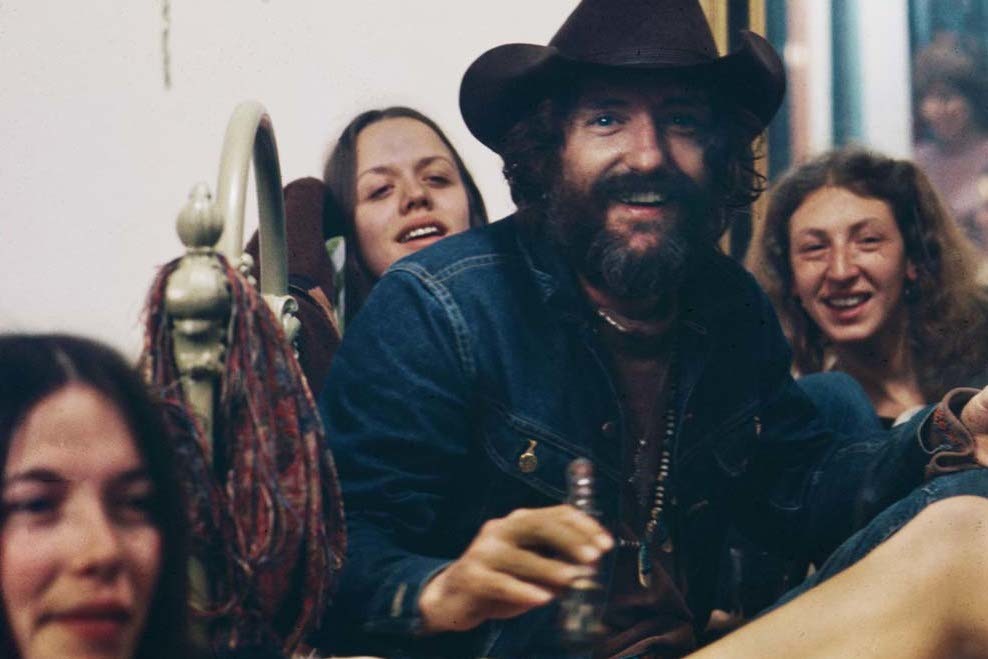
What happened to The American Dreamer after release?
The film was on the shelf since The Last Movie failed at the box office. It’s been shown in film festivals since; Dennis insisted it was shown with The Last Movie. I donated the original print to the Walker Arts Center, which preserves documentaries. They restored the film; I came up with the idea of releasing the film with any profits going to restoring other documentaries.
Do you think a contemporary actor would be game for a project like this?
No, because actors today have handlers, make-up, wardrobe people who travel with them. Every moment is being preserved by somebody else in a picture. It’s hard to make great documentaries now, but I don’t think you can do it with an actor.
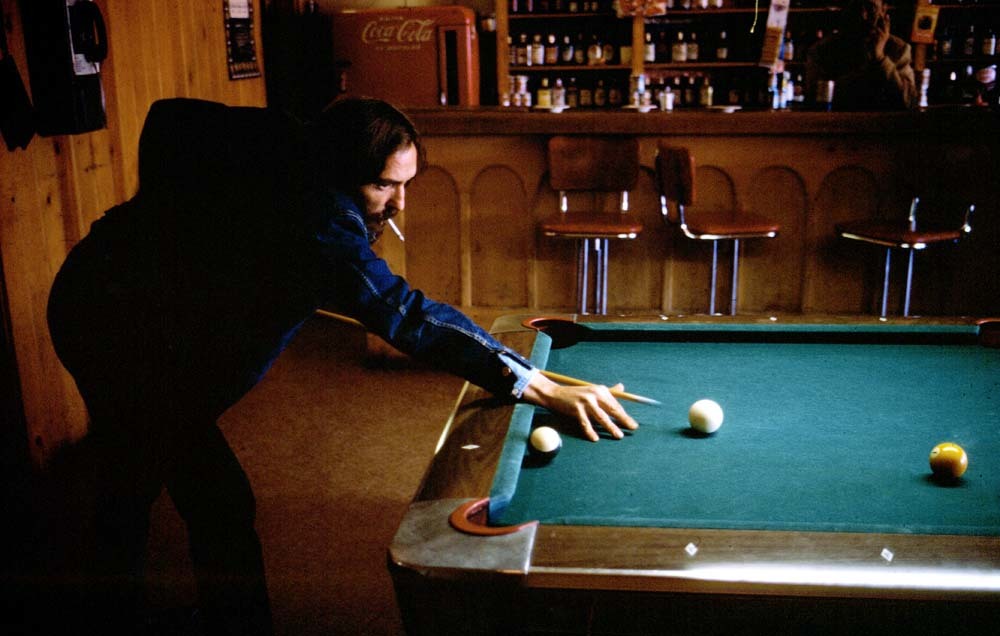
Are there any actors that you would think interesting enough to do a project like this with?
Sure. I’d like to do a film with Johnny Depp.
The American Dreamer is available for 30 days from 12 February on mubi.com. It screens at London’s Cinema Museum February 25.
Credits
Text Colin Crummy
